American foreign policy stands at a crossroads. Confronted with authoritarian rivals, a global pandemic, and turmoil at home, the U.S. faces a critical choice about its future role in the world. As the 2020 election approaches, the University of Virginia Democracy Initiative's Democratic Statecraft Lab will host a webinar event to grapple with these questions. First, New America's Anne-Marie Slaughter and Harvard's Stephen Walt face off in a debate about America's role in the world. Then, NPR's Mary-Louise Kelly will interview Michael McFaul, former U.S. Ambassador to Russia, about challenges from Russia. The event will be hosted by Todd Sechser, professor of politics and director of the Democratic Statecraft Lab.
Speakers
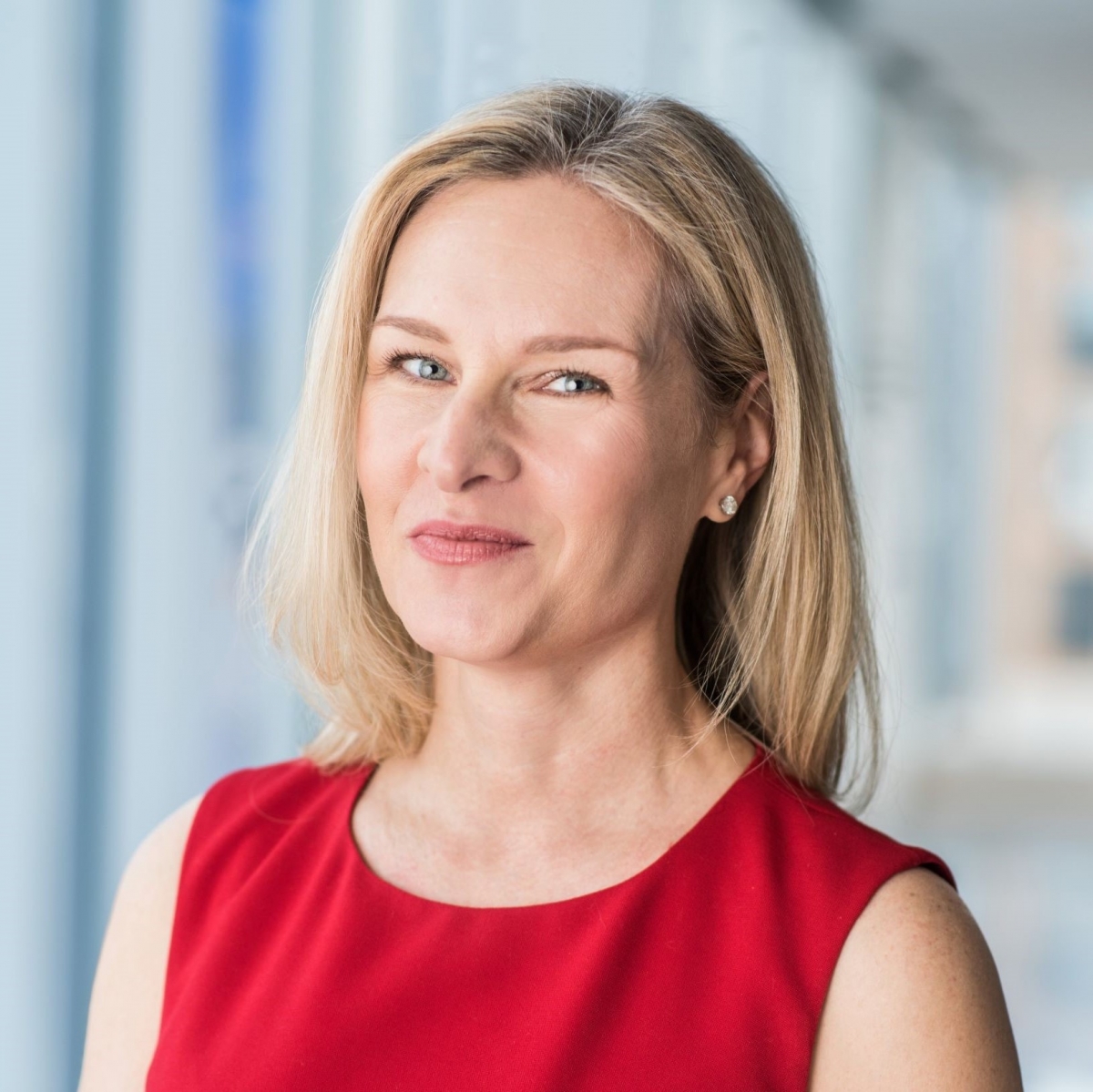 Mary Louise Kelly is a co-host of All Things Considered, NPR's award-winning afternoon newsmagazine. Previously, she spent a decade as national security correspondent for NPR News. She is the author of Anonymous Sources and The Bullet. Kelly's writing has appeared in the Wall Street Journal, The New York Times, The Washington Post, Politico, Washingtonian, The Atlantic, and other publications. She has lectured at Harvard and Stanford, and taught a course on national security and journalism at Georgetown University.
Mary Louise Kelly is a co-host of All Things Considered, NPR's award-winning afternoon newsmagazine. Previously, she spent a decade as national security correspondent for NPR News. She is the author of Anonymous Sources and The Bullet. Kelly's writing has appeared in the Wall Street Journal, The New York Times, The Washington Post, Politico, Washingtonian, The Atlantic, and other publications. She has lectured at Harvard and Stanford, and taught a course on national security and journalism at Georgetown University.
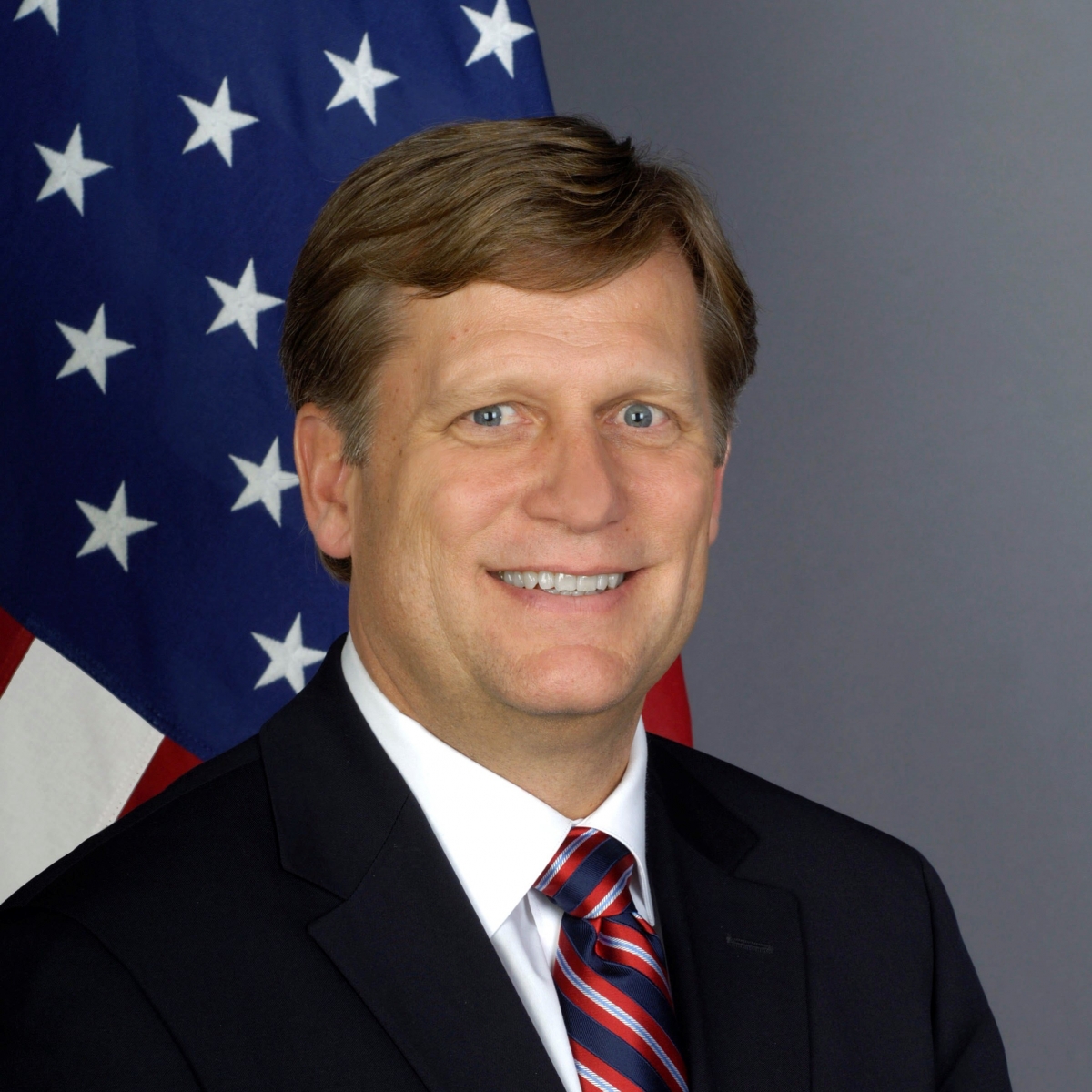 Michael McFaul is a Professor of International Studies, Director and Senior Fellow at the Freeman Spogli Institute for International Studies, and a Senior Fellow at the Hoover Institution. McFaul served in the Obama administration, first as Special Assistant to the President and Senior Director for Russian and Eurasian Affairs at the National Security Council, then as U.S. Ambassador to the Russian Federation. He is the author of From Cold War to Hot Peace: An American Ambassador in Putin’s Russia; Advancing Democracy Abroad: Why We Should, How We Can; Transitions To Democracy: A Comparative Perspective; Power and Purpose: American Policy toward Russia after the Cold War; and Russia’s Unfinished Revolution: Political Change from Gorbachev to Putin.
Michael McFaul is a Professor of International Studies, Director and Senior Fellow at the Freeman Spogli Institute for International Studies, and a Senior Fellow at the Hoover Institution. McFaul served in the Obama administration, first as Special Assistant to the President and Senior Director for Russian and Eurasian Affairs at the National Security Council, then as U.S. Ambassador to the Russian Federation. He is the author of From Cold War to Hot Peace: An American Ambassador in Putin’s Russia; Advancing Democracy Abroad: Why We Should, How We Can; Transitions To Democracy: A Comparative Perspective; Power and Purpose: American Policy toward Russia after the Cold War; and Russia’s Unfinished Revolution: Political Change from Gorbachev to Putin.
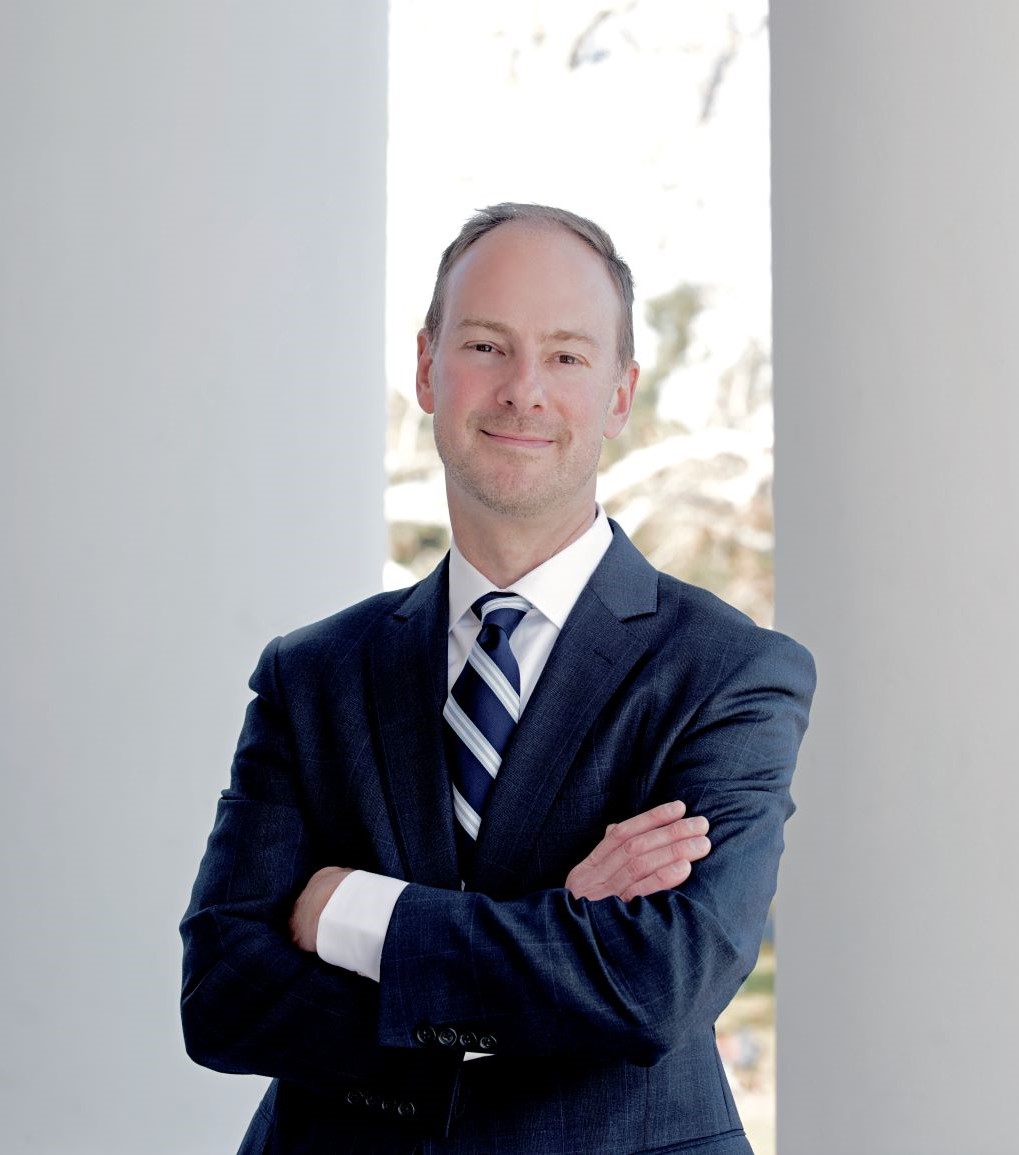 Todd Sechser is director of the Democratic Statecraft Lab, Professor of Politics at the University of Virginia; Professor at the Batten School of Leadership and Public Policy; and a Senior Fellow at the Miller Center of Public Affairs. Sechser’s research interests include coercive diplomacy, emerging technologies and nuclear security. He is coauthor of the book Nuclear Weapons and Coercive Diplomacy. He is also the director of the Program on Strategic Stability Evaluation, a multi-university working group studying the effects of new technologies on international military stability.
Todd Sechser is director of the Democratic Statecraft Lab, Professor of Politics at the University of Virginia; Professor at the Batten School of Leadership and Public Policy; and a Senior Fellow at the Miller Center of Public Affairs. Sechser’s research interests include coercive diplomacy, emerging technologies and nuclear security. He is coauthor of the book Nuclear Weapons and Coercive Diplomacy. He is also the director of the Program on Strategic Stability Evaluation, a multi-university working group studying the effects of new technologies on international military stability.
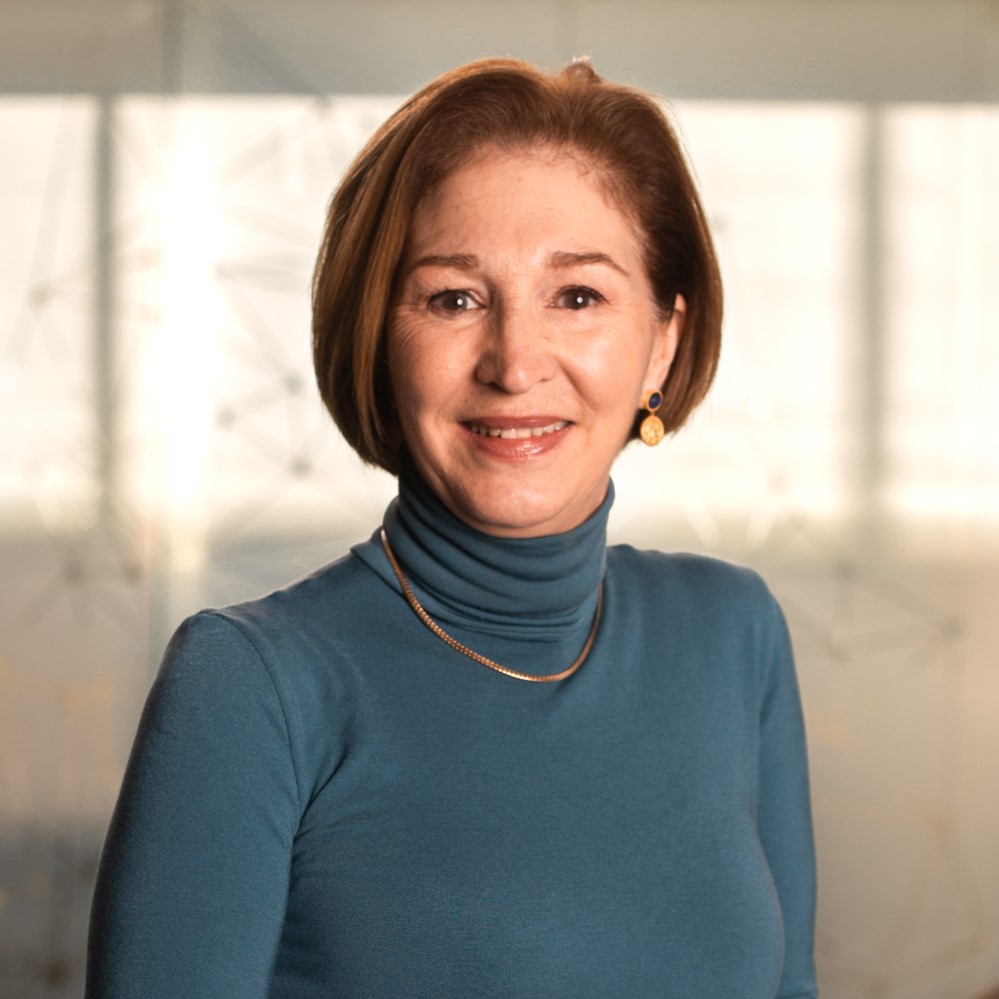 Anne-Marie Slaughter is the CEO of New America, a think tank dedicated to renewing the promise of America. She served as the director of policy planning for the U.S. Department of State. Prior to government service, Dr. Slaughter was the Dean of Princeton University's School of Public and International Affairs. She is the author or editor of The Chessboard and the Web: Strategies of Connection in a Networked World, Unfinished Business: Women, Men, Work, Family, The Idea That Is America: Keeping Faith with Our Values in a Dangerous World, and A New World Order.
Anne-Marie Slaughter is the CEO of New America, a think tank dedicated to renewing the promise of America. She served as the director of policy planning for the U.S. Department of State. Prior to government service, Dr. Slaughter was the Dean of Princeton University's School of Public and International Affairs. She is the author or editor of The Chessboard and the Web: Strategies of Connection in a Networked World, Unfinished Business: Women, Men, Work, Family, The Idea That Is America: Keeping Faith with Our Values in a Dangerous World, and A New World Order.
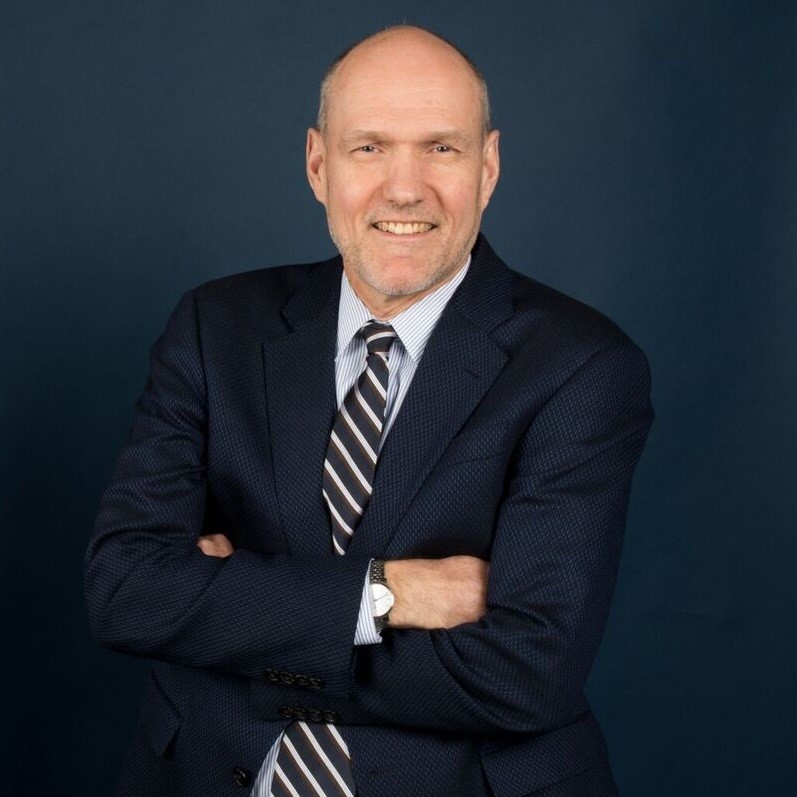 Stephen M. Walt is the Belfer Professor of International Affairs at Harvard University. He previously taught at Princeton University and the University of Chicago. He has been a Resident Associate of the Carnegie Endowment for Peace and a Guest Scholar at the Brookings Institution, and he has also served as a consultant for the Institute of Defense Analyses, the Center for Naval Analyses, and the National Defense University. He is the author of The Israel Lobby and U.S. Foreign Policy and The Hell of Good Intentions: America’s Foreign Policy Elite and the Decline of U.S. Primacy.
Stephen M. Walt is the Belfer Professor of International Affairs at Harvard University. He previously taught at Princeton University and the University of Chicago. He has been a Resident Associate of the Carnegie Endowment for Peace and a Guest Scholar at the Brookings Institution, and he has also served as a consultant for the Institute of Defense Analyses, the Center for Naval Analyses, and the National Defense University. He is the author of The Israel Lobby and U.S. Foreign Policy and The Hell of Good Intentions: America’s Foreign Policy Elite and the Decline of U.S. Primacy.
